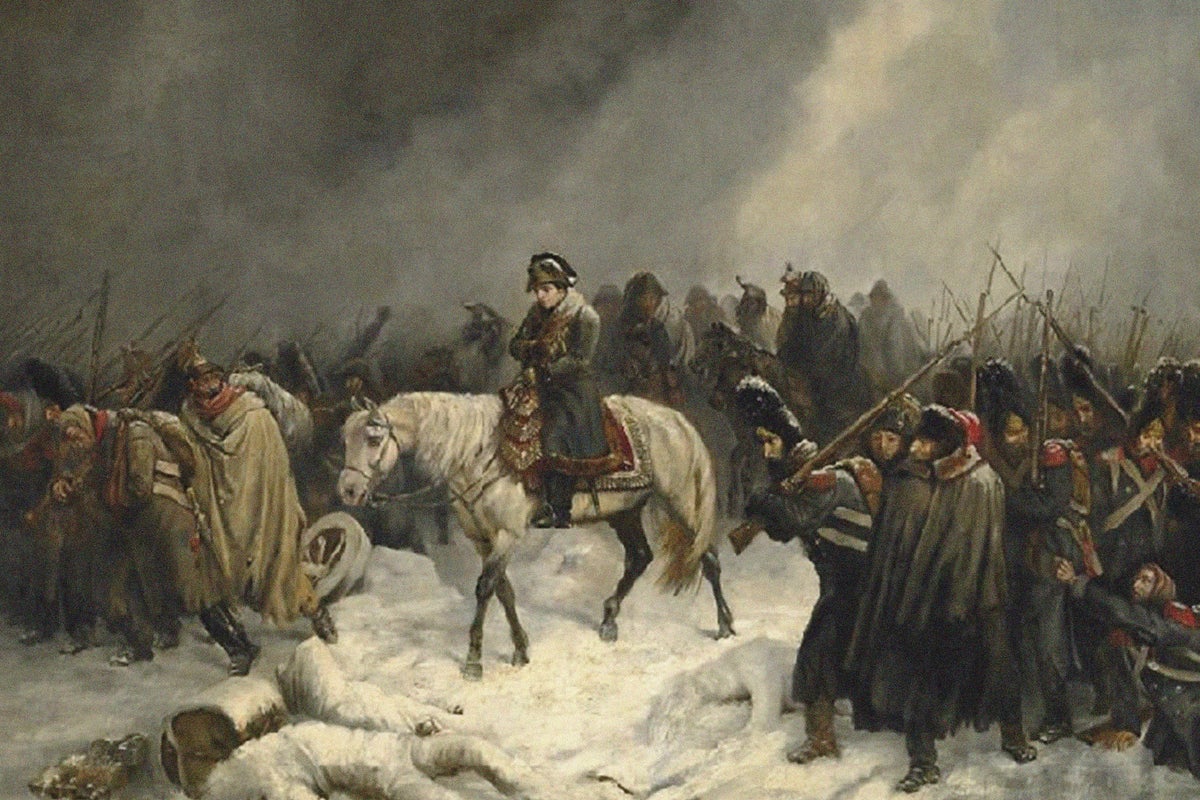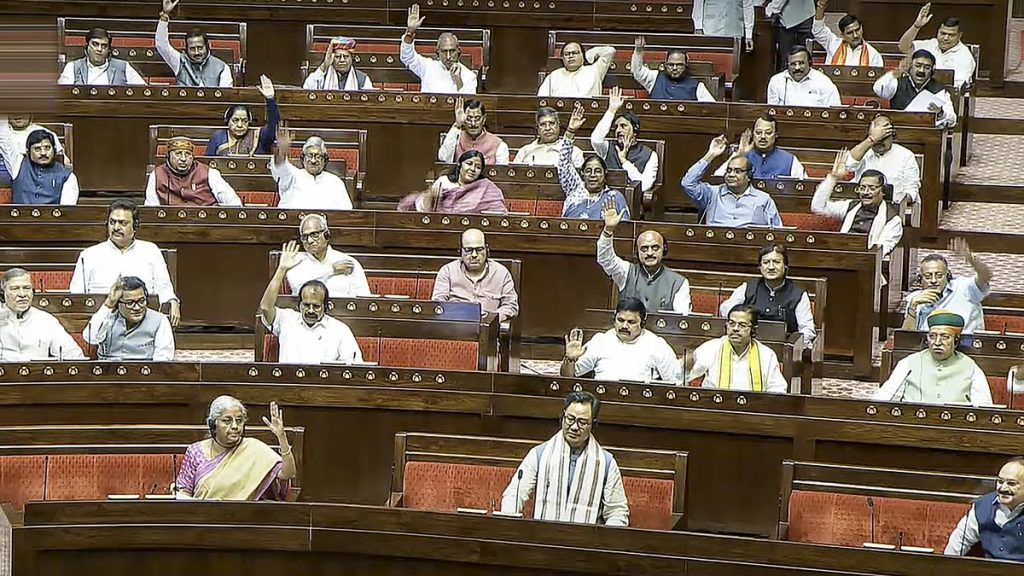Now Reading: Did Illness Seal Napoleon’s Fate?
-
01
Did Illness Seal Napoleon’s Fate?
Did Illness Seal Napoleon’s Fate?

Quick Summary
- On June 24, 1812, napoleon Bonaparte lead about 600,000 soldiers across the Neman River to invade Russia.
- The campaign resulted in massive losses, with only tens of thousands surviving the six-month retreat back across the river.
- Ancient explanations attribute deaths to frostbite, starvation, a typhus epidemic, adn battlefield casualties.
- A new preprint study led by microbiologist Rémi Barbieri examined preserved teeth from Napoleon’s soldiers and found no evidence of pathogens causing typhus or trench fever as previously believed.
- Instead, traces of Salmonella enterica (typhoid fever) and Borrelia recurrentis (relapsing fever) were identified-both diseases possibly fatal due to weakened conditions caused by cold and hunger.
- Researchers caution that the sample size is small (13 soldiers), so other causes like typhus cannot be ruled out entirely.
- These losses weakened Napoleon’s dominance over Europe; by 1815 he was defeated at Waterloo by U.K.-Prussian forces.
Indian Opinion Analysis
This newly uncovered evidence broadens historical understanding of one of Europe’s most catastrophic military campaigns while underscoring how disease can decisively influence conflicts-a lesson relevant even today for modern armies managing health strategies during prolonged operations. For India-a nation with robust internal defense systems yet reliant on vast terrains-it emphasizes preparedness against disease outbreaks in high-stress environments such as troop deployments or disaster relief missions where hygiene can deteriorate rapidly.
The research also highlights how modern science reshapes historical narratives through advanced inquiry into microbial causes behind significant events-an approach relevant for Indian researchers exploring similar intersections of history and biology within its own rich heritage (e.g., ancient plagues). Lastly, while international studies dominate this space now, continuing advancements in genomic tools could enable Indian scholars to expand knowledge on unexplored forensic topics pertinent locally or globally.Read More






















